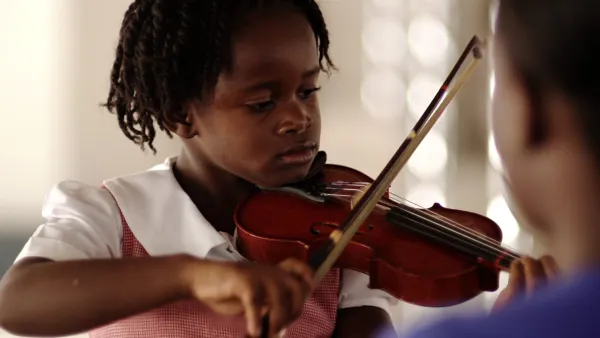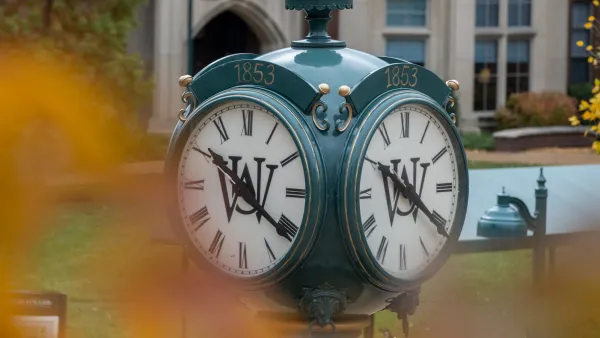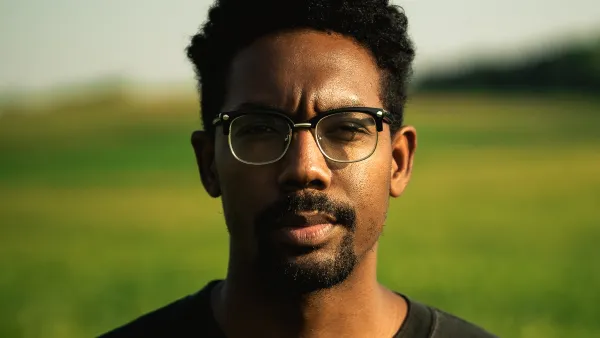Interview with Faculty Fellow Lauren Eldridge Stewart
With a classical music culture hundreds of years old, the genre has deep roots in Haiti. That practice is backed by a devoted assemblage of music schools serving the nation’s 11.7 million residents. In writing the first book-length study of music education in Haiti, “Recital: Classical Music and Narrative Power in Haiti,” Faculty Fellow Lauren Eldridge Stewart sees an opportunity to learn from Haiti’s particular paradigm and to better understand the contemporary practice of music education globally. Further, the book will focus on amateur musicians, a group that has received little attention in musicology. “I find this odd, because we all start out as amateurs,” says Eldridge Stewart, who is also an assistant professor in the Department of Music. “‘Recital’ digs into what attracts the interest of participants and what compels them to keep with it, through practice sessions right up to the final performance.”
What is your book about, briefly?
“Recital” is about the contemporary practice of classical music in Haiti. In the book, I ask questions about the genre’s continued relevancy and examine how relatively small musical communities deal with much larger forces of influence and change. Participants in the summer music camps that I study use classical music to shape narratives around multiple tiers of identity, tiers including the individual, the group and the national. They’re saying quite a bit with their choice in music.
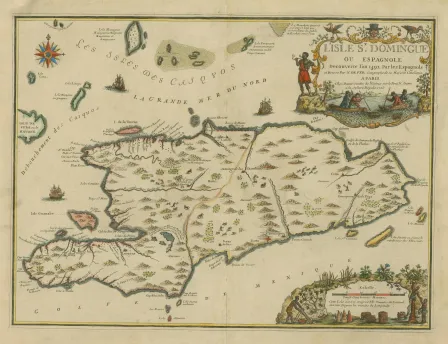
What is the cultural significance of classical music in Haiti? What might readers be surprised to learn about Haiti’s particular engagement with the genre?
Classical music is a fascinating genre to study in the Haitian context, because there’s a long tradition of the music there. In fact, as long as there’s been a Haiti, there’s been Haitian classical music. Haiti was formerly a French colony named Saint-Domingue, but the country gained its independence and was renamed in 1804. As the most lucrative French colony, musicians were trained there, renowned composers were traveling through, and physical spaces were constructed to house the music.
Throughout the nation’s history, classical music may not have been the most dominant genre, but it is absolutely the constant. Haitian composers also have a way of weaving contemporary genres and folklore into classical music, such that the genre is also a historical tool. It can be challenging to imagine the music of the past, particularly orally disseminated music, but these compositions certainly help.
Presently, composers such as Nathalie Joachim, who was just here in September performing with the Saint Louis Symphony Orchestra, Sydney Guillaume and Daniel Bernard Roumain are continuing this tradition of culturally relevant and specific classical music.
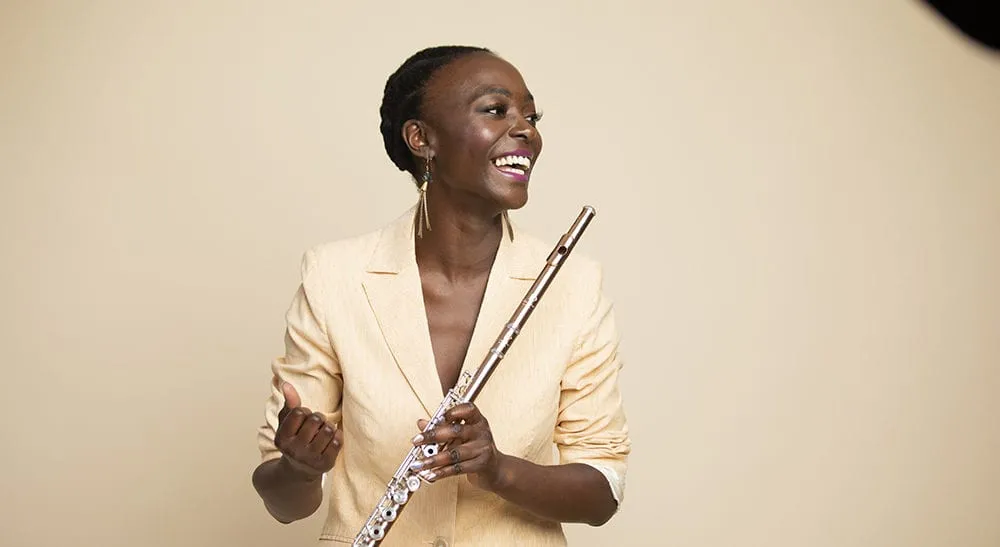
How do summer music camps fit into this picture?
I have done most of my field research for this book in two- to three-week summer music camps that take place throughout Haiti. The camps are put on by private community music schools, and of the three sites that I focus on, one is a musician’s collective in Cap-Haïtien, one is backed by the Episcopal Church of Haiti, and one was founded by a prominent media personality. They each have qualified directors, and are staffed with a combination of Haitian teachers and foreign volunteers. Children from elementary to high school are the primary participants, though adults are invited and do join in the lessons and ensemble work that happen during these intensives.
One of the first camps was sponsored by l’École de Musique Sainte-Trinité (Holy Trinity Music School). Because they had connections with other Episcopalian dioceses, they were in a position to invite foreign volunteer teachers. This system was extremely influential, and it remains the model more than 50 years later. The foreign volunteer teachers come from a variety of countries, and they are typically either professional music teachers or conservatory students training to become teachers. Both have available summers and look forward to the opportunity to travel and to play.
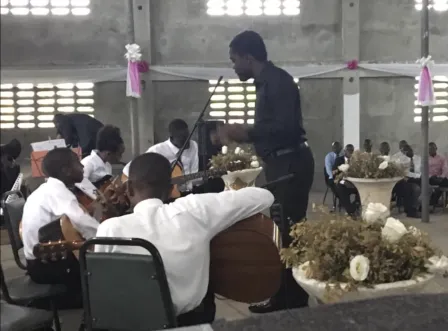
What sources are you drawing from?
I’ve participated in and observed camps from the summer of 2011 to the summer of 2017 and kept in touch with the wide network of musicians affiliated with the camps. I’ve also performed Haitian classical music in Haiti and across the U.S. Scholars such as Michael Largey, with his work on cultural nationalism in late 19th-early 20th-century Haitian music, and Gina Ulysse, who writes about the global perception of Haitian identity, have been very influential, as has the growing literature on Venezuela’s El Sistema music education programs and the Suzuki method. The present-day Haitian summer music camp system is younger than the Suzuki method, but older than El Sistema.
Headline image: A student from l’École de Musique Sainte-Trinité. Still from Serenade for Haiti (2016), a documentary about the music school.
